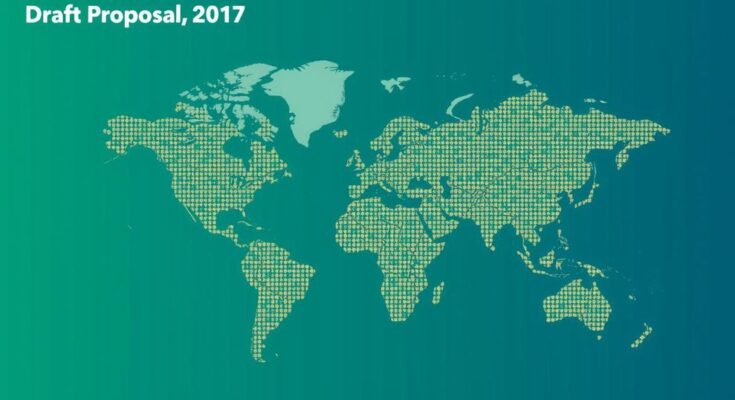The COP29 climate summit draft proposes that developed nations provide $250 billion annually by 2035 to aid poorer nations in combating climate change. The proposal has faced backlash for being insufficient, with significant disagreements between wealthy and developing nations. Leaders are urged to reach a consensus ahead of the summit’s conclusion.
The COP29 climate summit, held in Baku, Azerbaijan, has proposed a draft finance agreement obligating wealthy nations to contribute $250 billion annually to support developing countries by 2035. This funding is to facilitate efforts to combat climate change, but the proposal has faced significant criticism from various stakeholders. Many argue that the suggested amount is insufficient considering the climate crisis.
A notable point of contention is the ongoing division between affluent countries and developing nations, with the former hesitant to embrace the high financial commitments sought by the latter. Juan Carlos Monterrey Gomez, the Special Representative for Climate Change for Panama, expressed frustration over the proposal, stating, “It feels that the developed world wants the planet to burn.” Such sentiments resonate as many developing nations continue to seek greater financial assistance amid escalating climate challenges.
In response, a European negotiator highlighted concerns regarding the proposal’s financial implications, asserting, “No one is comfortable with the number because it’s high and (there is) next to nothing on increasing contributor base.” Additionally, the draft aims for a larger goal of generating $1.3 trillion in annual climate funding by 2035, incorporating both public and private sources to address the needs of developing nations.
Nonetheless, negotiators caution that bridging the gap between governmental pledges and private sector commitments remains complex. As the summit approaches its conclusion, there is urgency in finding a consensus, as emphasized by Li Shuo of the China Climate Hub, stating the necessity of identifying a “sweet spot” to avoid prolonging discussions.
Furthermore, U.N. Secretary-General Antonio Guterres, returning from a G20 meeting, called for decisive action, asserting, “failure is not an option.” Daniel Lund, a negotiator for Fiji, criticized the proposed amount as being profoundly inadequate in comparison to the necessary investments to address the needs arising from climate change. This situation emphasizes the critical importance of collaboration among global leaders to secure adequate financing for climate resilience and adaptation strategies.
The COP29 Climate Summit serves as a pivotal discourse platform for global leaders to address the ongoing climate crisis by agreeing on funding strategies and commitments. The financial assistance proposed targets the urgent needs of developing nations in the face of climate challenges, particularly as they lack sufficient resources to combat the effects of climate change. Historical tensions have prevailed between wealthy and developing countries, often impeding progress in negotiations related to climate finance.
The current discussions at COP29 underscore the significant discontent surrounding proposed financial commitments by developed nations. Voices from various sectors highlight the inadequacy of the suggested $250 billion annually, framing it as insufficient in relation to the comprehensive needs identified. As the summit progresses, the hope remains that a pragmatic and equitable solution can emerge to meet the urgent financing demands posed by the climate crisis.
Original Source: stratnewsglobal.com




